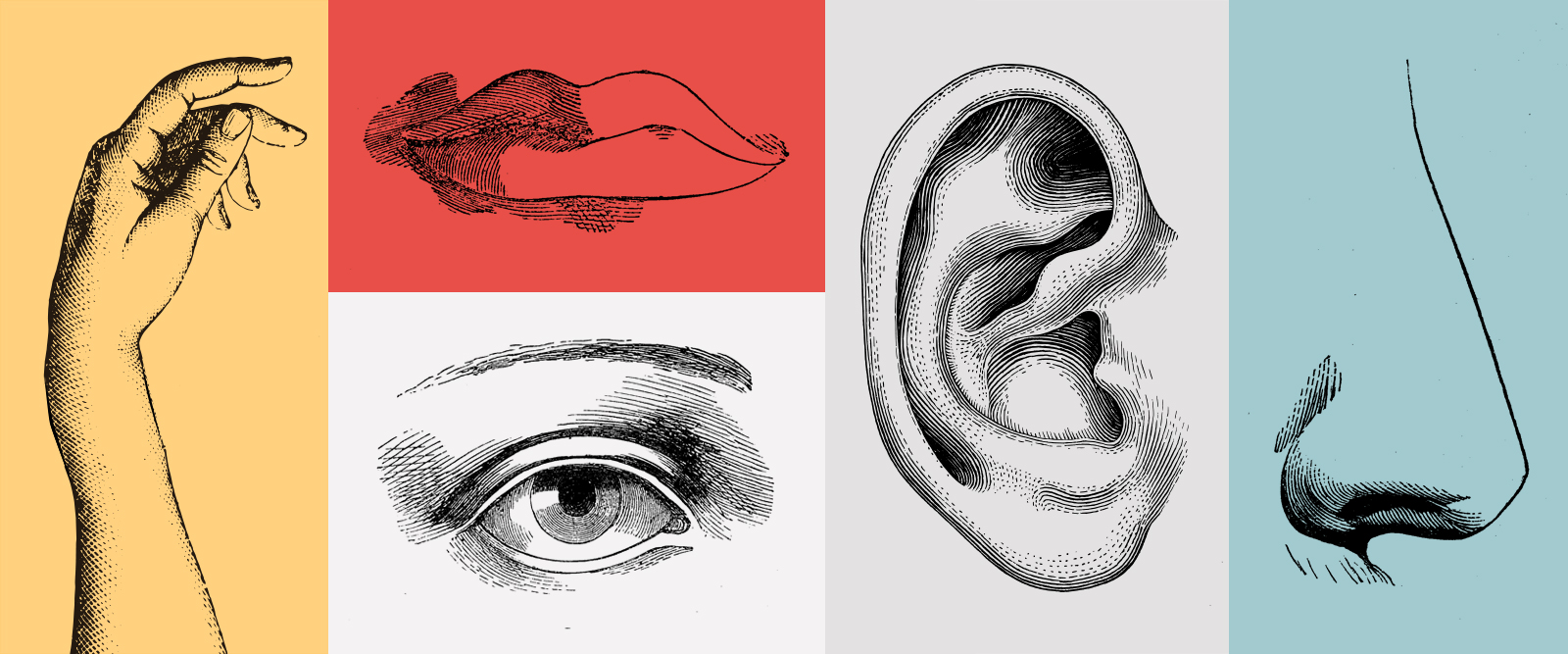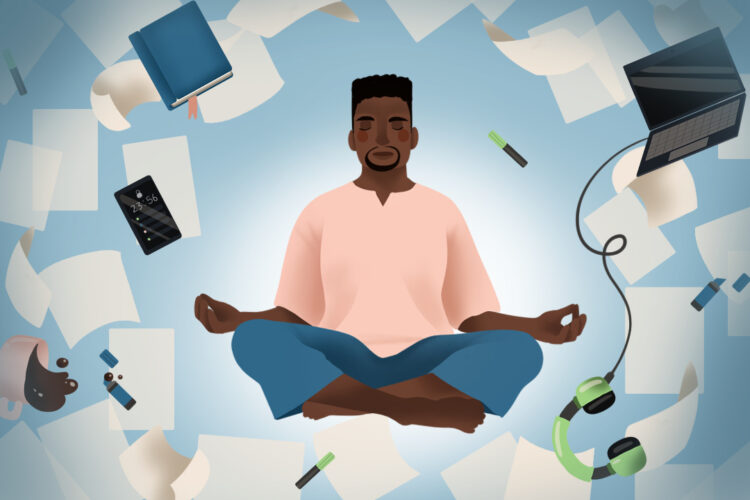Last Updated on October 21, 2022 by Editors Desk
Main highlights:
- What is mindfulness?
- Why is mindfulness important?
- How to stay mindful throughout the day?
MINDFULNESS
The basic human ability for mindfulness is the capacity to be fully present, aware of where we are and what we are doing, and not unduly reactive or overwhelmed by what is happening around us.
Even while mindfulness is a quality we all naturally have, practising it regularly helps us make it more accessible to us.

Being mindful involves paying attention to what you’re physically experiencing with your senses as well as your mental and emotional state. A growing body of studies also demonstrates that developing mindfulness in your brain actually changes the way it is physically structured.
Why is mindfulness important?
The importance of incorporating mindfulness into our daily practices has been stressed by a number of well-known instructors, including Deepak Chopra, Eckhart Tolle, and others. Numerous benefits have been demonstrated, including better sleep and lowering stress, as well as lowering anxiety, depression, and chronic pain. Achieving our objectives, such as losing weight or beginning a new endeavour, is another benefit of mindfulness. And from the standpoint of leadership, mindfulness can assist us in maintaining our composure so that we can better manage people or address external difficulties. Overall, practising mindfulness is crucial if we want to live content and fulfilling lives.

- We become more peaceful when we are mindful. Try harder less. Be more aware of the challenges that we may face.
- We can better control our urges to stay active all the time, to seek out diversions, and to indulge in our cravings for fatty foods, booze, drugs, TV, video games, and pornographic material, among other things.
- By being mindful and resisting the urge to avoid or react negatively to our aversions of people, situations, or aspects of ourselves, we can deal with them. preventing ourselves from putting off tasks just because we find them unpleasant. In fact, it is clear that the aversions are not a major problem.
How to stay mindful throughout the day?
You’ll probably feel kinder, calmer, and more patient when you put mindfulness practice to use. These changes in your experience are probably going to lead to adjustments in other areas of your life as well.
You can enjoy a lengthy tea chat with a friend, have more fun, and then wind down for a restful night’s sleep by practising mindfulness.
A person can incorporate complete mindfulness that stays throughout the day by following the below-mentioned methods:
Morning with a positive approach
Instead of getting out of bed as soon as you wake up in the morning, wait until 3 complete breaths have been taken. It won’t take more than a few seconds, but it will determine how the day will go. Do not use any electronic devices, including your phone. Allow yourself to indulge in a self-care routine. Get enough water, and make a good impression on the world.
Exercise gratitude

When we practice thankfulness, we must direct our attention to what is good in our life right now. It subtly refocuses our thoughts on positive things, allowing us to more readily return to the present moment and stop worrying about the past or the future. When we concentrate on the good, we have more energy to build a better future.
Verify your body’s condition.
The body runs on its own; you breathe without effort, your heart beats continually, and your physical functions continue regardless of what you do. The body, however, continuously communicates with us by way of physical experiences. What do you observe about your body after taking a moment to check in with it?
In what places are you tense? Are there any aches or pains? Does it feel weighty or light to you? In addition to helping you focus again on the here and now, paying attention to your body can help you access the knowledge you need to better take care of it. Check out my newest course on gaining more self-assurance for more advice on how to lean into bodily wisdom.
Place reminders that can be observed all over.
On the kitchen counter, a small Buddha. Place a reminder on your bathroom mirror. wearing a wrist mala wherever you go. a prompt on your computer’s background and your phone’s lock screen. Whether you realise it or not, anything, no matter how minor, can have a significant impact on your life.
Activate your five senses.

Keeping your focus in the present is among the simplest methods to practice mindfulness. For a moment, put your current task on hold and look around you. Which sounds can you hear? What aromas do you detect? What actions are those around you taking? Put your whole concentration there for a short period of time while doing whatever it is you are doing to practise bringing your mind to the present now, wherever you are.
Take feedback from your sub-conscious
Finish your day with a review. Take two minutes to reflect on your day as it comes to an end. See how you adhered to your intention by looking back on your day. Analyze the mistake you made. Honour your accomplishments. Consider how you may improve your capacity to meet your objective tomorrow by adding extra reminders, bells, regular check-in times, or accountability.



